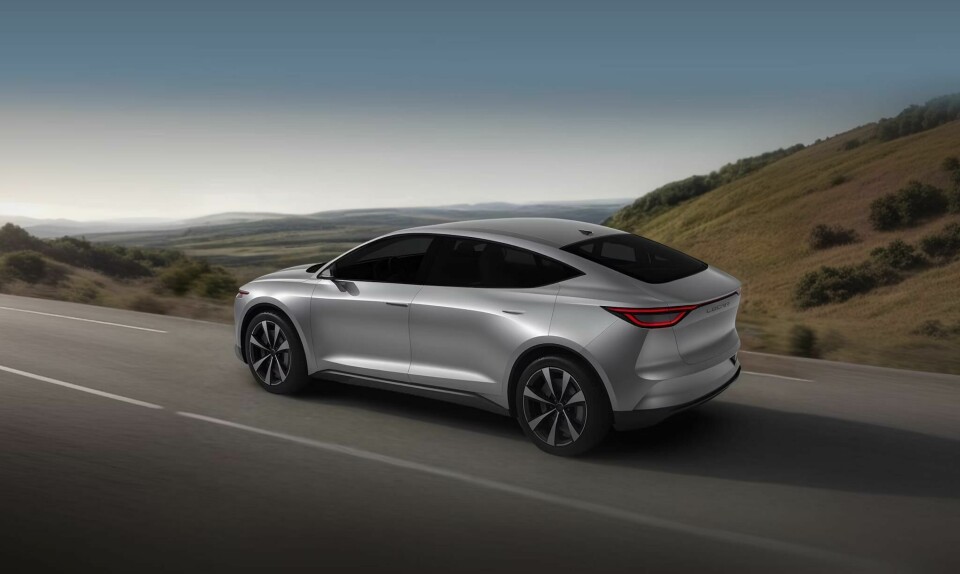HORSE powertrain continues to expand supply in range extender market
HORSE will supply Brazilian EV start-up manufacturer Lecar with its HR10 range extender engine, to be fitted to the Lecar 459 hybrid.

It has been a busy year so far for powertrain producer HORSE with the most recent announcement around its supply deal for EV range extenders for Brazil’s newest vehicle producer Lecar.
The agreement will see HORSE supply 12,000 units of its 3-cylinder ICE, HR10 engine annually to the Brazilian start-up manufacturer. HORSE says this range extender engine has been developed to run on low-emission petrol and ethanol flex fuels which are widely used in Brazil.
This engine, which features direct fuel injection, double overhead camshafts, and a turbocharger, is built at HORSE’s production plant in Curitiba, Brazil, so usefully located to supply Lecar. These units are currently being used as a range extender for light commercial vehicles.
HORSE has been adding production to its Curitiba plant, following a R$100m (US$18m) investment, with the introduction of the above mentioned 1.0-litre HR10 unit earlier this year followed more recently by start of production for its 1.3-litre, 4-cyclinder HR13 unit. The company says this plant will have an annual capacity of 500,000 units.
Another part of the expansion of this plant will be a new automated aluminium cylinder head production line that will utilise a tilting gravity casting process to produce aluminium cylinder heads for the 1.0-litre and 1.3-litre flex fuel engines. The company says there will be further investment in testing and validation capabilities at the plant.
The company says these units are Proconve L7-compliant (equivalent to Euro6d) and are in the process of becoming certified for the upcoming L8 standards.
The 459 hybrid model will also use an electric generator supplied by HORSE’s electric component partner WEG. The two companies formed an R&D partnership earlier this year with WEG supplying electric generators, e-motors, inverters and battery packs, supporting Horse in offering a complete range extender solution.
The company has also started production of power electronics boxes at its plant at Aveiro, Portugal. Speaking to AMS, HORSE’s CEO, Patrice Haettel noted the introduction of a new assembly process called Matrix Flow, which utilises programable mobile cobots instead of a more traditional conveyor belt line. Haettel says this offers greater flexibility and reduces the footprint required for the production operations.


